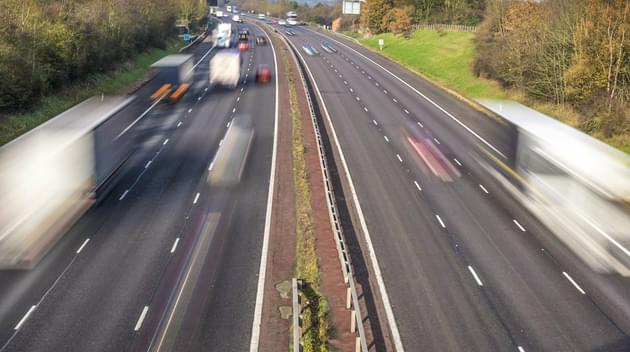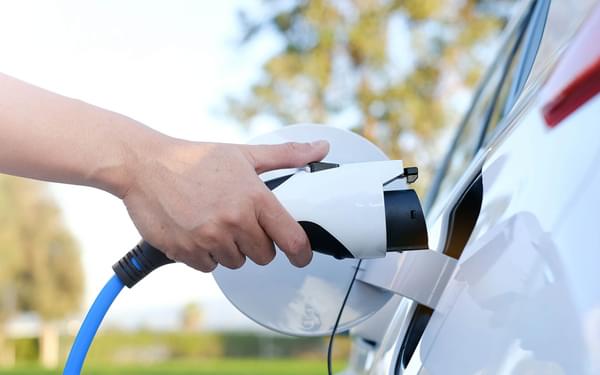Back to Articles
An investment-led Clean Air Plan: The democratic way forward?
Lauren Massingham \ 13th Dec 2023
Our air quality specialist in the north west, Lauren Massingham, responds to the new proposals for an investment-led Clean Air Plan in Greater Manchester.
As it stands, as part of a new model of Clean Air Zones (CAZ), nobody will be charged to use their vehicle within Greater Manchester (GM).
Leaders say a non-charging model "Can bring air quality within legal limits without the need for — and faster than — a charging Clean Air Zone."
Instead, Mayor of Greater Manchester, Andy Burnham, has announced plans to spend £86.7m on more zero-emission electric buses for our Bee Network, a ‘clean taxi fund’ for GM-licensed taxis, and traffic management along certain roads in Manchester and Salford.
He’s also called for ‘out-of-area’ taxis to be limited, although the plans behind that aren’t clear right now, and asked to remove all existing CAZ signage as of next week.
Clean air is vital to our physical and mental health and there are locations within GM where pollutant concentrations exceed long and short-term UK Air Quality Limit Values (AQALs). An automatic monitor run by Manchester City Council on Oxford Road (MAN1) measured a 43µg/m3 annual mean nitrogen dioxide (NO2) concentration in 2022 (the annual mean AQAL for NO2 is 40 µg/m3).
Therefore, at the request of the government and in the interest of public health, some form of CAZ is required within GM to meet legal limits of nitrogen dioxide (NO2) on local roads ‘in the shortest possible time’ or by 2026 at the latest.
The previous CAZ proposed to charge vehicles travelling throughout the GM boroughs. However, personally, I think that this new investment-led approach is better in a democratic way. It’ll reduce the financial burden on a large proportion of people across GM who need to use their vehicles to make a living and support fairer, cheaper and more affordable transport options.
While the specifics of how the Clean Air Plan will be communicated to the public are yet to be determined, I believe this should be a top priority for funding allocation. Clear and concise explanations of the significance of clean air for our health and well-being, the burden it places on the NHS, and how individuals can play a role in improving air quality are essential for encouraging behavioural changes and fostering a deeper understanding of why we need to adopt sustainable modes of transportation whenever possible.
It’s worth stating that all new CAZ proposals are subject to the approval of the Greater Manchester Air Quality Administration Committee on December 20, and this evidence will then be submitted to government.













